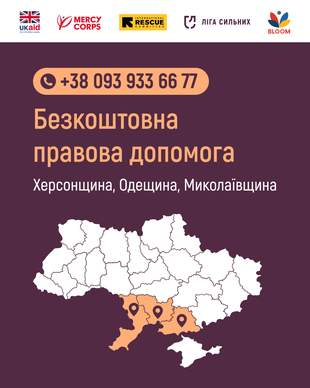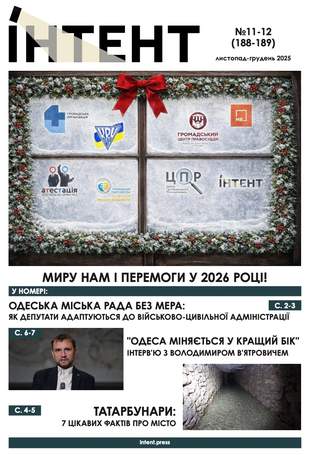Меню
Соціальні мережі
Розділи
March 11, 2025, 8:42 a.m.
Obolonsky Court Overturns 2004 Murder Conviction After Man Found Alive
This article also available in English165

Photo: Judiciary
The Obolonsky District Court overturned a 2004 verdict convicting six people of premeditated murder of a man who turned out to be alive.
According to Court Reporter, in 1996-1999, the convicts formed a group and committed a series of mercenary and violent crimes. They were also accused of the deaths of three people in 1997. The Court of Appeal of the Autonomous Republic of Crimea convicted all six defendants in 2004. Three were sentenced to life imprisonment, two to 15 years in prison, and one to 14 years and 6 months. After serving 15 years behind bars, the convicts returned to Crimea and one of them saw the man they were imprisoned for murdering alive.
Upon learning about this, one of the life prisoners used the legal assistance of a lawyer who established the whereabouts of the "murdered" man. The lawyer also received a response from the Russian occupation administration (the so-called Department of the Ministry of Internal Affairs of the Russian Federation in Sevastopol) that the man was registered in the migration register in 2016, registered and resides in Crimea. They also provided a video in which the man introduces himself and says that the recording was made on March 12, 2017. He says that he and his brother and father have lived in Transnistria all this time. His father and brother currently remain in Tiraspol, and he has been living in Crimea since 2014, working as a security guard in a cooperative. The man says that the case in which he, his father, and brother were victims is "made up." He knows the convicted person well. He himself has also been convicted before and was under administrative supervision.
The Migration Service of Ukraine, on the basis of a court order, gave the lawyer the original application of this man for a passport of a citizen of the USSR. The application contained a sufficiently clear and high-quality black-and-white photograph. The expert concluded that the video and the photo in the passport application depicted the same person.
The prosecutor spoke of the dubious origin of the video and other evidence provided by the Russian occupation administration. However, the court referred to the fact that the practice of the International Court of Justice formulated the so-called "Namibian exceptions": documents issued by the occupying power should be recognized if their non-recognition leads to serious violations or restrictions on the rights of citizens.
Thecourt ruled that the lawyer had collected the evidence in the manner prescribed by Ukrainian law and in accordance with the case law of the European Court of Human Rights, and therefore it was admissible. As a result, the court ruled that the murder of the man did not really take place. This episode was excluded from the prosecution. The other two "murdered" (father and brother - ed.) were not found alive.
The actions of the convicts for life were reclassified from the intentional murder of two people to the intentional murder of one person (the father) in order to conceal the negligent murder (of one of the brothers). The sentences of the three life prisoners were commuted to 15 years in prison and have now been served. They were immediately released from custody in the courtroom.
The chronology of the case shows that the convict has been seeking a review of his sentence since 2016. However, the courts refused him and returned his applications, citing the deficiencies found there.









